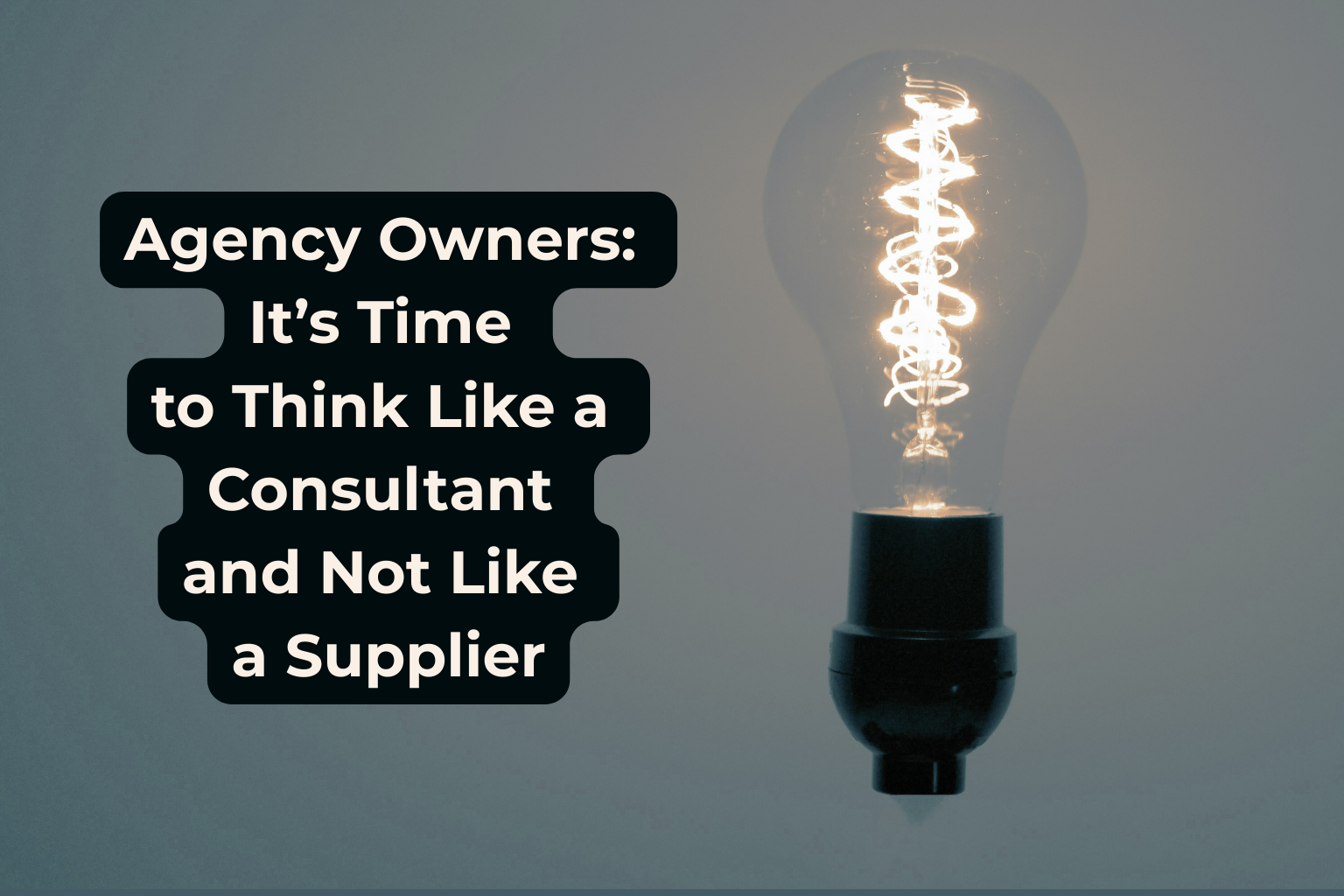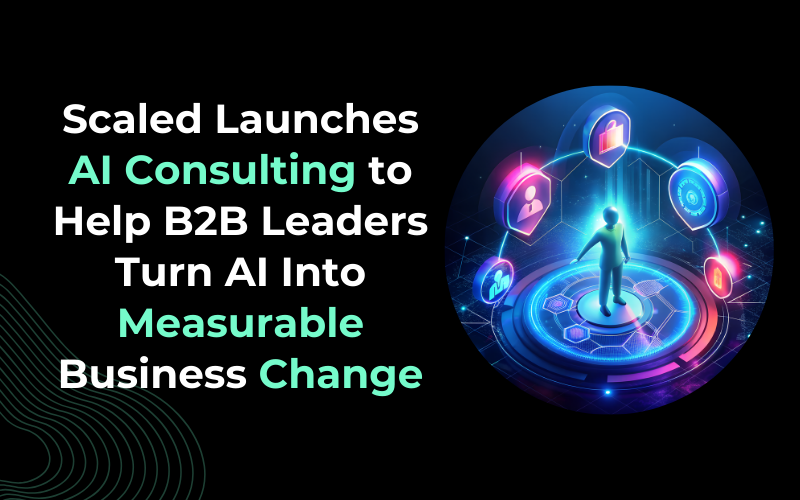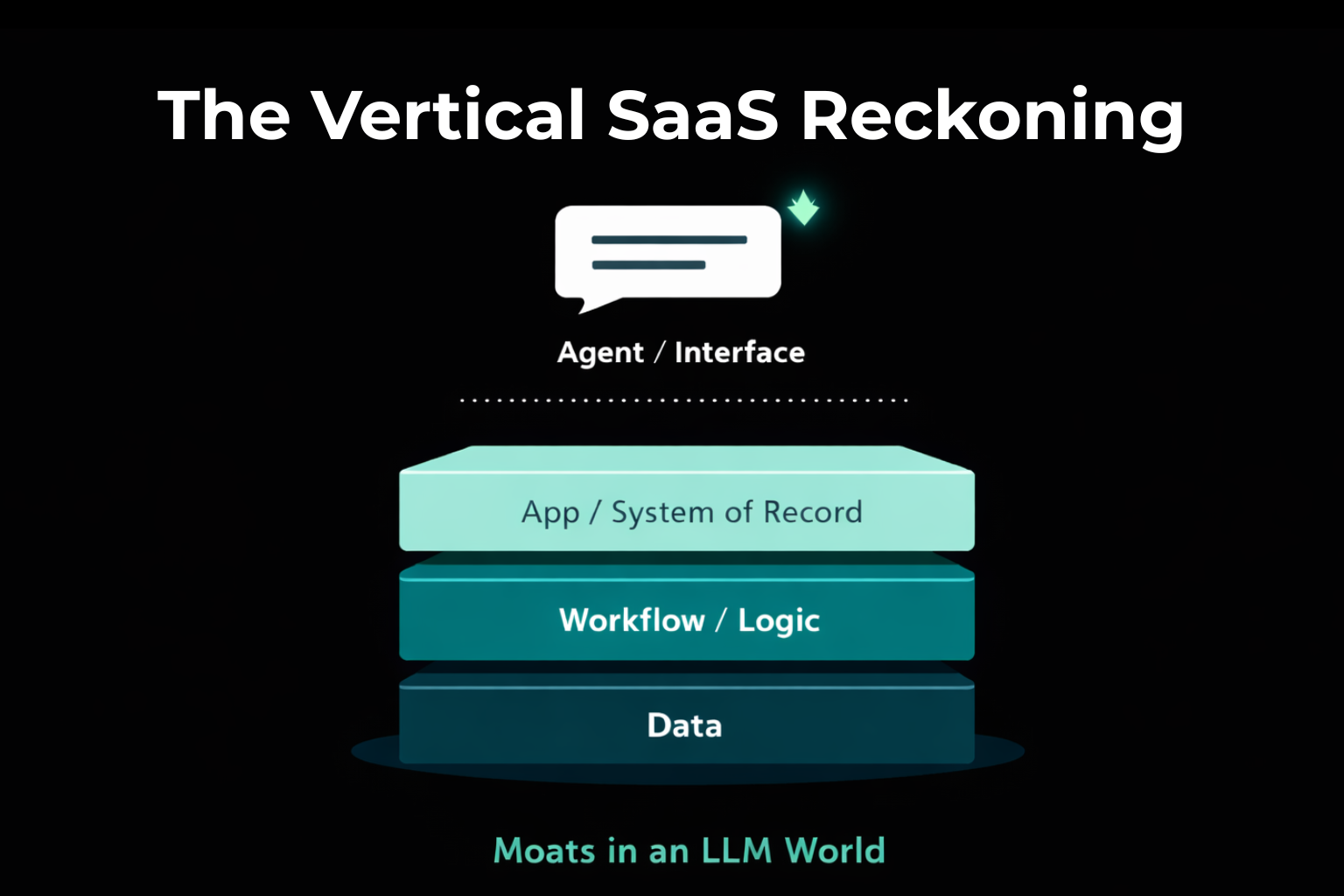Why Agencies Must Shift from Supplier to Consultant
The benefits to agencies of thinking and acting like consultants rather than as suppliers are well established:
- Stronger positioning as value creators
- Stickier, longer-term and higher-value client relationships
- Greater certainty and security on incomes
- Senior stakeholder access and influence
- Opportunities to land and expand
- De-risking the threat of AI commoditising services and delivery
The Traditional Agency Model
But most agencies are not founded as consultancies. Most are founded on the basis of strong knowledge, executional capabilities, and, above all, genuine subject matter expertise.
The Evolution of Agencies Towards Consultancy
Over the last few years, we have seen a gradual evolution of agencies across the sector, towards a more consultancy-centric model – either primarily as a ‘think for me’ agency or as a blended ‘think and do’ agency.
Why Clients Are Driving This Change
The drivers for the change are clear. Clients demanding more strategic support – help with key decisions, overcoming barriers and realising opportunities – that all contribute to the strategic and commercial success of their business.
And for agencies positioned as consultants, it’s applying that deep rooted expertise, knowledge and capability to help clients see things in a different way – unlocking and creating value.
The Challenge of Becoming a Consulting Agency
Making that transition to a consultative model and becoming a ‘think for me’ agency is not an easy one. It requires a step change within the agency to have the ability to engage with clients on a macro level, from executional delivery of services to strategic solutions and key business challenges.
The agency will need to BE, HAVE, and DO differently to realise the change.
Step 1: Define and Connect to Value
Firstly, agencies need to understand the specific value that they create for their clients and how that connects with the strategic goals and outcomes desired by those in the boardroom.
That connection to value is vital for being relevant and valuable to clients and to senior level stakeholders. That understanding of value creation needs to be hardwired into the agency – from ICP definition to proposition and positioning.
Step 2: Build Strategic Business Conversations
Agencies must also be able to hold strategic business conversations. They will need to identify and understand business pains and needs, and how to position their solutions to overcome them. That is where value is established and the agency becomes relevant to the C-Suite.
Step 3: Develop Senior Stakeholder Relationships
Development of senior stakeholders as ambassadors is essential in realising the benefits of the consultancy model. Agencies need to be able to develop those relationships and, moreover, they need experienced, high-calibre people who can initiate and maintain that level of relationship.
Step 4: Balance Thinking and Doing
Most agencies will not fully decouple from delivery. Whilst AI will inevitably automate some tasks, and agency incomes related to those will come under pressure, most agencies will retain a ‘doing’ capability rooted in their subject matter expertise.
But this model will continue to be ever more blended and increasingly geared towards the thinking over the doing.
Future-proofed agencies will be those that lead with the thinking and focus the delivery of solutions specifically towards demonstrable value creation.
Step 5: Demonstrate Value Consistently
Demonstration of value is critical to the consultative model. Have the client’s pains been addressed? Have the strategic barriers been overcome? What has been the strategic and commercial benefit? Continuous demonstration and reiteration of value is central to developing ambassadors and creating long-term, high-value relationships.
What Great Consultants Do Differently
Good consultants help clients to make realisations. They help clients see things more clearly. They provide focus and clarity – for both now and for what’s coming.
Consistently thinking about what’s next and helping clients shape their thinking, focus, prioritisation and actions is key to the value exchange that lies at the heart of the consultancy/client relationship.
The Imperative for Agency Owners
For agency owners, this evolution towards thinking and behaving like a consultant is an imperative. The pressures on the very foundations of the traditional agency model are coming thicker and faster than ever and will only accelerate further.
The pivot towards a consultative model is a big one and many agencies across the sector are taking steps on that path. Those that succeed will reap the benefits of a more future-proofed model – income security and prosperity in the onset of a rapidly changing set of dynamics.



